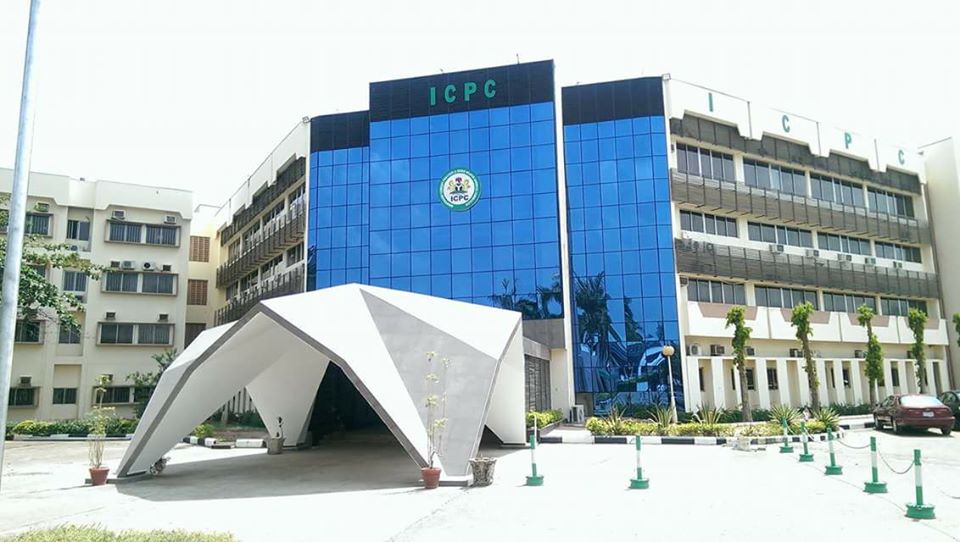The Court of Appeal sitting in Makurdi, Benue State has ruled that the Independent Corrupt Practices and Other Offences Commission (ICPC) has powers to investigate and prosecute cases without receiving petitions.
The anti-corruption agency had approached the Court of Appeal, Makurdi division, asking the court to set aside the ruling of Nasarawa State High Court discharging and acquitting the Chairman of Toto Local Government and Director of Finance of the council of corrupt practices.
Justice I. A Ramalan, now retired judge of the State High Court 3, Lafia in Nasarawa state, had in his ruling discharged and acquitted the two accused of “11 count charge of conspiracy, to inflate prices of stationeries; and furnishing of false information all contrary to sections 26[1][c]; 22[3]; 19; and 16 of the ICPC Act”.
Barrister Enosa Omoghibo of the ICPC in an application asked the Court of Appeal to set aside the judgment of the State Court. On Friday 2nd day of May 2014, the learned justices of the Court of Appeal, Makurdi Division delivered judgment in the matter in favour of the respondents.
On ‘’Whether the learned trial judge did not err in law when he held that since inflation of items supplied to the local Government was not part of the allegations contained in the petition, investigating and prosecuting the accused was an abuse of the Commission’s Power”, the presiding judge, Hon Justice Obande F. Ogbunya of the court of appeal made copious pronouncements on the powers of the commission as provided for in sections 6[a] and 27[3] of the Act.
“The court noted that a petition is just a guide and it is not ultra vires the powers of the commission to investigate and prosecute offences outside a petition or initiate investigations and prosecutions without a petition”.
Consequently, the court resolved this lone issue in favour of the commission.
The implication of this landmark judicial pronouncement by the justices of the Court of Appeal has now laid to rest misconceptions in some quarters as to whether the ICPC can initiate investigations without relying on petitions.


